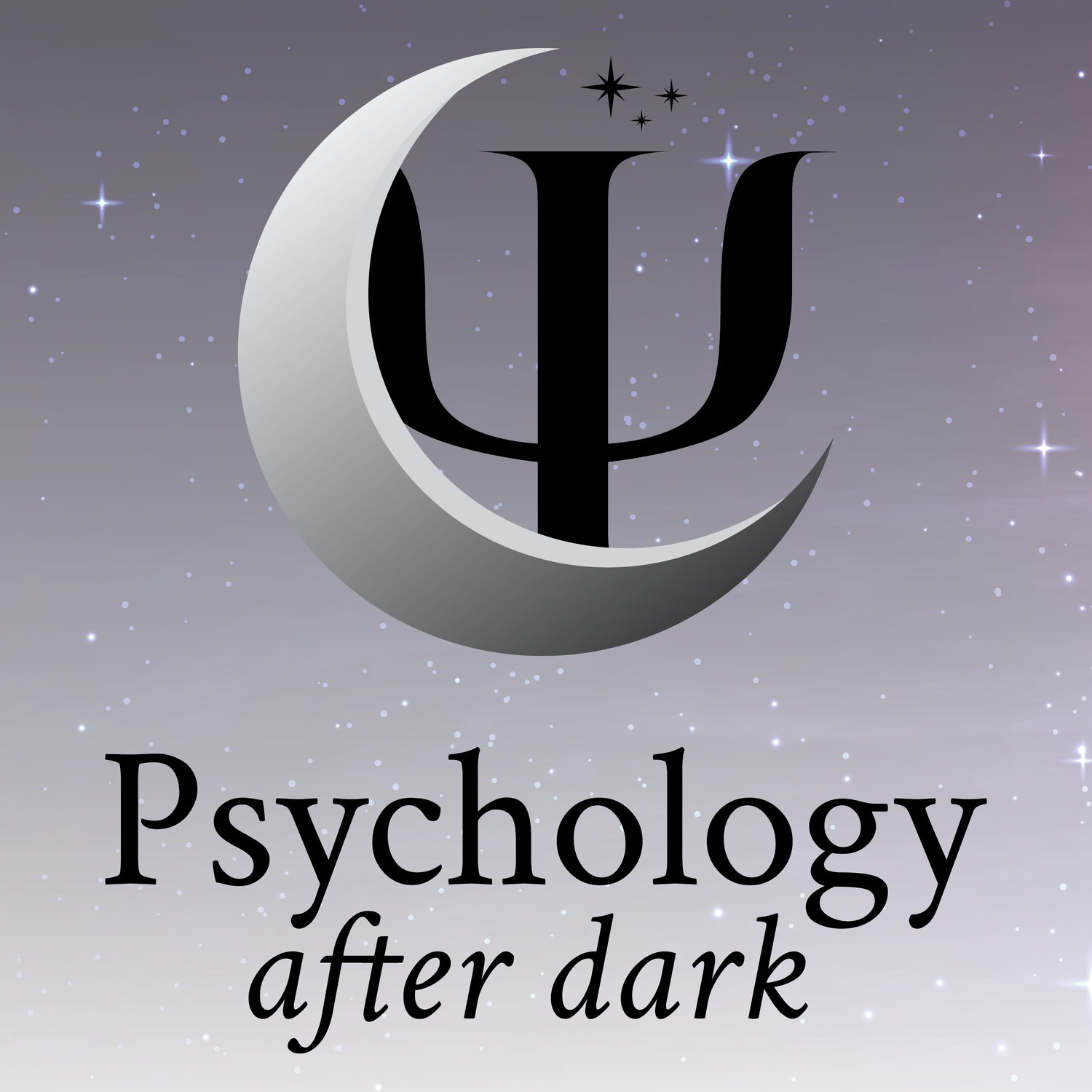Episode 23 - Conspiracy Theories
Description
In December of 2019, medical officials began noticing several mysterious cases of pneumonia in residents of Wuhan, China. As they began to investigate, patterns started to emerge. On January 11th, 2020, China reported its first death associated with a novel coronavirus. By January 30th, just one month after the disease was first reported in China, the World Health Organization declared a public health emergency. The virus continued to spread quickly, ferociously infecting countries like Italy, Iran, and Spain. On March 11th, the World Health Organization officially declared COVID-19 a global pandemic. In the midst of the chaos and panic, several conspiracy theories started to emerge as people around the globe struggled to make sense of the events. Why do we believe in conspiracy theories? Can a conspiracy theory help us to feel in control during times of panic, or does it simply serve to make our collective anxiety worse? What can current conspiracy theories about COVID-19 teach us about our own psychology? Join Drs. Micono and Morelos as they discuss our fascination with conspiracy theories.
More Episodes
The story of the life of Jesus Christ is one of the most quintessential in all of humanity, and is celebrated across many cultures. And yet, many argue that parts of his life are still shrouded in mystery. His complicated relationship with the enigmatic Mary Magdalene, for instance, is one such...
Published 01/12/22
Published 01/12/22
In January of 2002 the Spotlight investigative team for the Boston Globe dropped a bombshell when they revealed a story about sexual abuse within the local archdiocese of the Catholic Church. Boston, a heavily Catholic city, was left reeling as it learned of a total of 87 priests who had been...
Published 11/08/21


